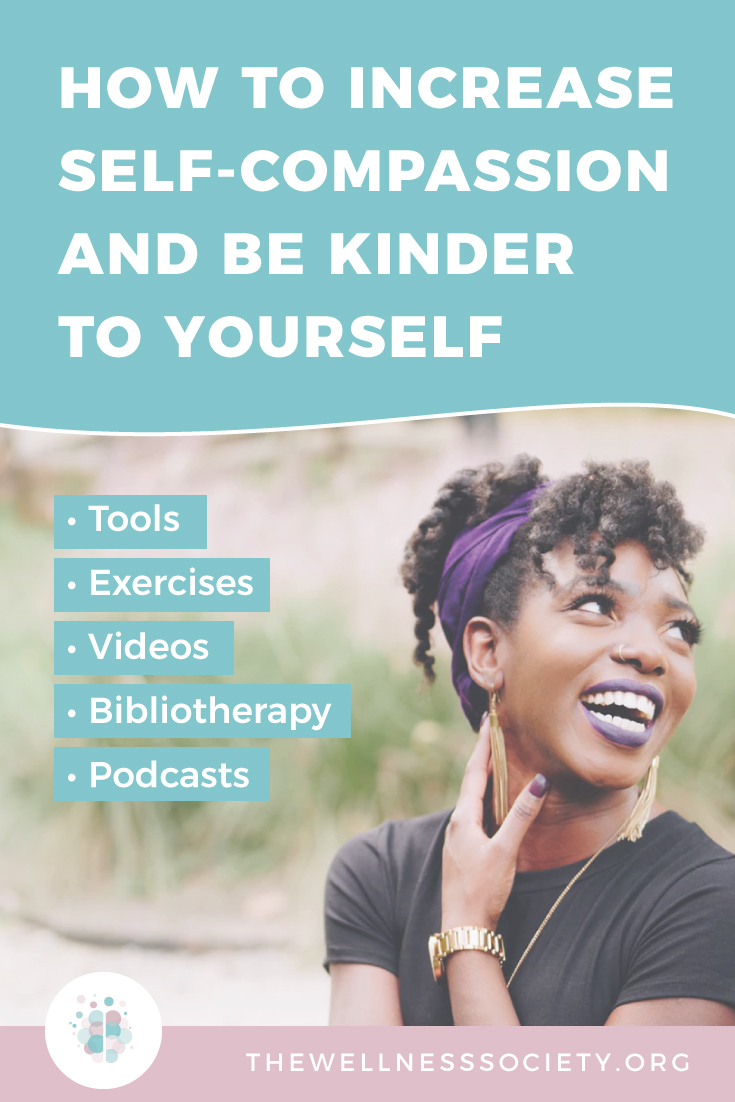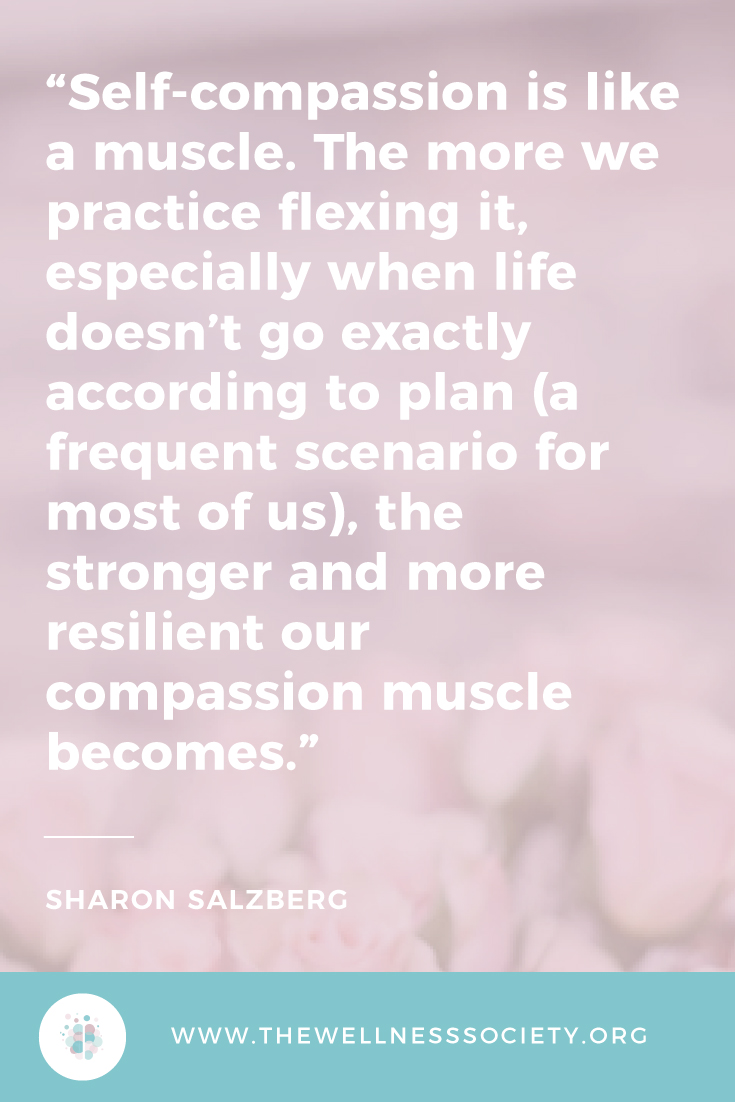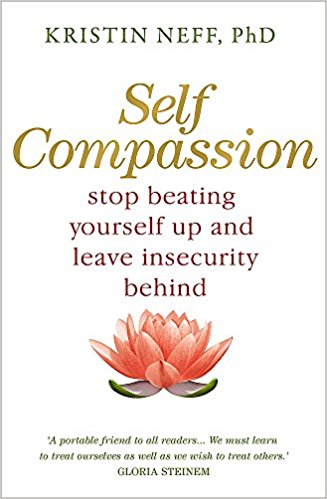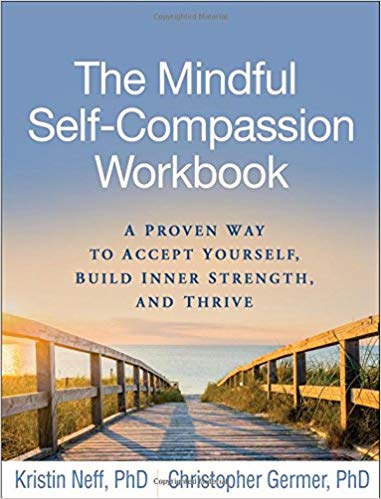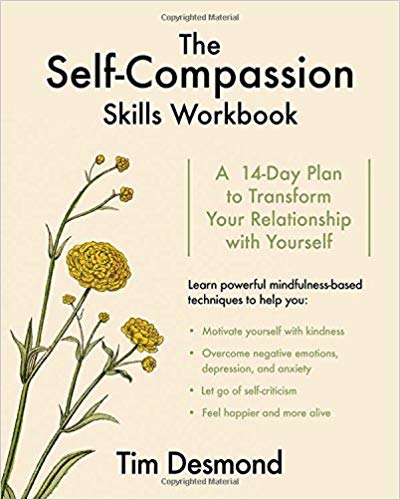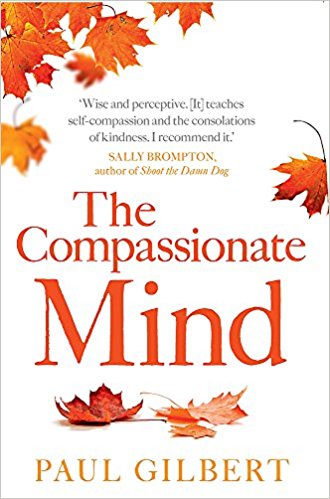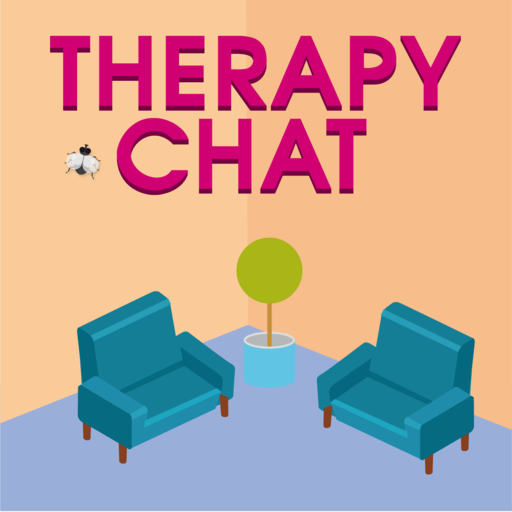“Self-compassion is like a muscle. The more we practice flexing it, especially when life doesn’t go exactly according to plan (a frequent scenario for most of us), the stronger and more resilient our compassion muscle becomes.” - Sharon SalzbergResearch consistently shows a positive correlation between self-compassion and positive mental wellbeing.
Developing self-compassion skills is a life-changing endeavour for many people.
Consider how much time you spend focusing on your perceived flaws and weaknesses.
How often do you see yourself in the best possible light?
It's incredibly common for us to build a nasty inner critic which gives us a distorted, overly negative perception of ourselves.
Low levels of self-compassion may reflect selective recall of our childhood or other past experiences such as a criticising parent or caregiver, bullies, or an emotionally abusive ex-partner.
Low self-compassion affects the quality of our relationships in particular, as explained in the quotes below:
“How you treat yourself reflects how you let others treat you. If you're unkind to yourself, you create a standard for how much abuse you accept from others and as a result end up attracting abusive and disrespectful relationships.” - Anis Qizilbash
“Because self-critics often come from unsupportive family backgrounds, they tend not to trust others and assume that those they care about will eventually try to hurt them.
This creates a steady state of fear that causes problems in interpersonal interactions. For instance, research shows that highly self-critical people tend to be dissatisfied in their romantic relationships because they assume their partners are judging them as harshly as they judge themselves.
The misperception of even fairly neutral statements as disparaging often leads to oversensitive reactions and unnecessary conflicts. This means that self-critics often undermine the closeness and supportiveness in relationships that they so desperately seek.” - Kristin Neff
How to Cultivate Self-Compassion Skills
Cultivating self-compassion skills involves radically altering the way we relate to ourselves.For those of us who have a history of being bullied or experiencing emotional neglect, building self-compassion can be challenging, but absolutely life-changing.
Training our mind to notice our inner critic and choose a kinder response is key to cultivating our self-compassion skills. For this reason, cultivating self-compassion skills goes hand in hand with developing mindfulness skills.
It’s important to remember that self-compassion is a skill. In the same way that we can’t expect to learn how to play the piano overnight, we can’t expect to have strong self-compassion skills overnight. The more you practise being kinder to yourself, the easier and more natural those thinking habits will become.
The Friend Response Technique
A simple technique to start cultivating your self-compassion skills is The Friend Response Technique.When you notice your inner critic, reflect on what a friend would say to you in this situation and respond with a kinder and more balanced thought.
As you practice this and your self-compassion skills develop, your inner voice will adopt a warmer, more supportive tone.
Top Self-Compassion Resources
Self-Compassion Meditations and Exercises
Kristen Neff's website features numerous open-access exercises and meditations including:- Exercise 1: How would you treat a friend?
- Exercise 2: Self-Compassion Break
- Exercise 3: Exploring self-compassion through writing
- Compassionate Body Scan [24 minutes]
- Self-Compassion/Loving-Kindness Meditation [20 minutes]
- Self-Compassion Break [5 minutes]

The RAIN of Self-Compassion by Tara Brach
The acronym RAIN, created by Tara Brach, is an easy-to-remember tool for practicing mindfulness and compassion using the following four steps:- Recognize what is going on;
- Allow the experience to be there, just as it is;
- Investigate with interest and care;
- Nurture with self-compassion.

Self Compassion by Kristen Neff
Kristin Neff PhD, is a professor in human development whose 10 years' of research forms the basis of her timely and highly readable book. Self Compassion offers a powerful solution for combating the current malaise of depression, anxiety and self criticism that comes with living in a pressured and competitive culture.Through tried and tested exercises and audio downloads, readers learn the 3 core components that will help replace negative and destructive measures of self worth and success with a kinder and non judgemental approach in order to bring about profound life change and deeper happiness.
Self Compassion recognises that we all have weaknesses and limitations, but in accepting this we can discover new ways to achieve improved self confidence, contentment and reach our highest potential. Simply, easily and compassionately.
Kristin Neff's expert and practical advice offers a completely new set of personal development tools that will benefit everyone.
The Mindful Self-Compassion Workbook: A Proven Way to Accept Yourself, Build Inner Strength, and Thrive by Kristin Neff and Christopher Germer
Self-compassion is a powerful inner resource. More than a thousand research studies show the benefits of being a supportive friend to yourself, especially in times of need. This science-based workbook offers a step-by-step approach to breaking free of harsh self-judgments and impossible standards in order to cultivate emotional well-being. In a convenient large-size format, this is the first self-help resource based on the authors' groundbreaking 8-week Mindful Self-Compassion program, which has helped tens of thousands of people around the globe.Every chapter includes guided meditations (with audio downloads); informal practices to do anytime, anywhere; exercises; vivid examples of people using the techniques to address different types of challenges (relationship stress, weight and body image issues, health concerns, anxiety, and more); and empathic reflection questions. Working through the book, readers build essential skills for personal growth based on self-care - not self-criticism.
The Self-Compassion Skills Workbook: A 14-Day Plan to Transform Your Relationship with Yourself by Tim Desmond
Do you struggle with stress or negativity? Learn how self-compassion can help you find greater health, peace, emotional stability and joy. Cutting-edge research shows that self-compassion is not only a skill anyone can strengthen through practice but also one of the strongest predictors of mental health and wellness. The practices in this book have been specially formulated to target and fortify what neuroscientists call the "care circuit" of the brain.Devoting thirty minutes a day for just fourteen days to these simple practices can have life-changing results. Tim Desmond's "Map to Self-Compassion" will engage your mind, heart and spirit. It will improve your ability to motivate yourself with kindness; regulate and defuse intense emotions, anxiety and depression; be resilient during life s challenges; let go of self-criticism and destructive behaviour; heal painful experiences; and be more present and compassionate with others. Experience the benefits firsthand! Features downloadable audio recordings for on-the-go practice.
The Compassionate Mind by Paul Gilbert
Throughout history people have sought to cope with a life that is often stressful and hard. We have actually known for some time that developing compassion for oneself and others can help us face up to and win through the hardship and find a sense of inner peace. However in modern societies we rarely focus on this key process that underpins successful coping and happiness and can be quick to dismiss the impact of modern living on our minds and well-being. Instead we concentrate on 'doing, achieving' and having'. Now, bestselling author and leading authority on depression, Professor Paul Gilbert explains how new research shows how we can all learn to develop compassion for ourselves and others and derive the benefits of this age-old wisdom.In this ground-breaking new book he explores how our minds have developed to be highly sensitive and quick to react to perceived threats and how this fast-acting threat-response system can be a source of anxiety, depression and aggression. He describes how studies have also shown that developing kindness and compassion for self and others can hep in calming down the threat system: as a mother's care and love can soothe a baby's distress, so we can learn how to soothe ourselves. Not only does compassion help to soothe distressing emotions, it actually increases feelings of contentment and well-being. Here, Professor Gilbert outlines the latest findings about the value of compassion and how it works, and takes readers through basic mind training exercises to enhance the capacity for, and use of, compassion.
Tara Brach
Tara Brach, Ph.D is an internationally known meditation teacher and author of bestselling Radical Acceptance and True Refuge. Tara shares a weekly guided meditation and talk that blend Western psychology and Eastern spiritual practices. The podcast addresses the value of mindfulness meditation and self-compassion in relieving emotional suffering, serving spiritual awakening and bringing healing to our world.We recommend:
The One You Feed
Open minded discussions of habits, meditation, wisdom, depression, anxiety, happiness, psychology, philosophy, and motivation.We recommend:
Therapy Chat
Laura Reagan, LCSW-C, Psychotherapist, Burnout Prevention Consultant and Certified Daring Way™ Facilitator interviews guests to discuss holistic and alternative approaches used in psychotherapy, counseling, coaching and healing sessions. Be a fly on the wall as therapists discuss the practice of psychotherapy and how they implement self care into their own lives to prevent therapist burnout. Conversations about mindfulness, self compassion, The Daring Way™, EMDR, art therapy, Sensorimotor Psychotherapy, other somatic methods, trauma, parenting, attachment will get you thinking deeply about therapy and the universal experience of being human, with all the joy and pain that entails.We recommend:
Pin This Page
